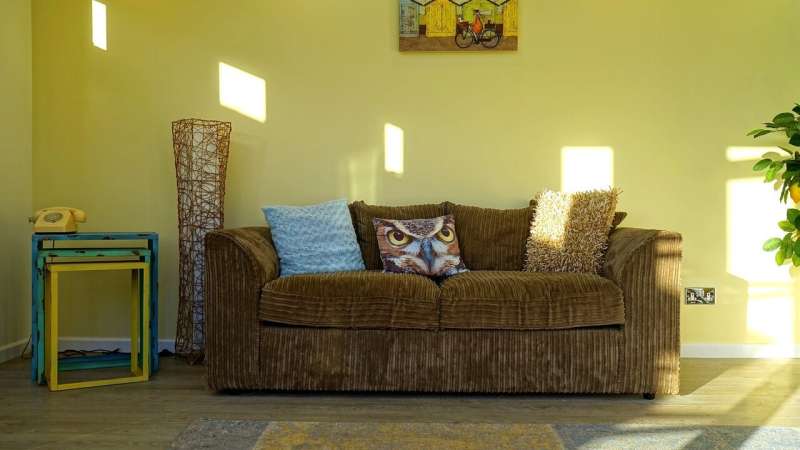Study: Convert emergency shelter space into long-term affordable housing

A program to convert emergency shelter space into long-term affordable housing showed incredible benefits for the community's most vulnerable, prompting a call from Western researchers to push for additional permanent housing solutions in emergency shelters nationwide.
Since 2004, the Salvation Army Centre of Hope in London has provided pay-for-stay private units in a building that also offers emergency shelter. With 66 private, transitional rooms, it is the only shelter in the country to offer such an option.
As part of the Transforming Emergency Shelter into Affordable Housing with Support project, Nursing professor Abe Oudshoorn, along with Occupational Therapy professor Carrie Marshall and Nursing professor Deanna Befus, interviewed 16 of these private-room residents seeking to document their experiences.
Backed by the Canada Mortgage and Housing Corporation, the study looked at all aspects of the private-room model, what work best and what improvements could be made.
During one-on-one interviews, residents shared how their own rooms played a major role in helping them transition to more stable housing. They also reported improvements in overall health, self-esteem stability, sense of dignity and self-esteem.
The near-universal praise of the idea surprised Oudshoorn.
"I thought it was going to be totally mixed. I thought several would say they simply had nowhere else to go. But when we started to talk, we got a totally different story," he continued. "They shared how this changed their lives, helped them manage their substance abuse and gave them safety."
For $500 per month, residents are provided with a private room in which to live, as well as access to all services offered by the centre, including meals and financial supports. Residents are bound by a curfew, not allowed visitors, and are still part of the centre's general population.
Residents are allowed to stay for up to four years.
"Residents said how their safety is key, their privacy and ability to lock the door," he said. "We know from past research that getting into a shelter is better than sleeping on the street. We also know people's health and social outcomes continue to decline when they're in an emergency shelter.
"People are actually getting better when they have their own space, their own bathroom and not worried about getting robbed or being exposed to drugs."
In January, a second floor of private rooms was introduced specifically for people in recovery. The new floor now includes an Internet café, appliances and games room, among other improvements.
Oudshoorn hopes information gleamed from current residents will shape how the program grows to meet the needs of its new residents.
With pressure on shelters across the country to simply meet current emergency bed needs, Oudshoorn said there has not been time to focus on the goal of getting people out of shelters and into permanent housing.
"They (shelters) are missing opportunities to transform their space into more permanent options," he said "Even if shelters are saying 'we're full the way we are' or 'we can't do this," if they are just able to build on to their existing space, they already having the staff expertise on site."
Toward that goal, Oudshoorn and team have put together a how-to manual, A guide to integrating affordable housing options into services traditionally focused on emergency shelter, for other shelters to implement and "help them be more imaginative" with their space.
"It's all about how to keep pushing for that permanent solution instead of just shelters," Oudshoorn said.
More information: A guide to integrating affordable housing options into services traditionally focused on emergency shelter: www.abeoudshoorn.com/wp-conten … ice-Guide-Dec-17.pdf
Provided by University of Western Ontario





















